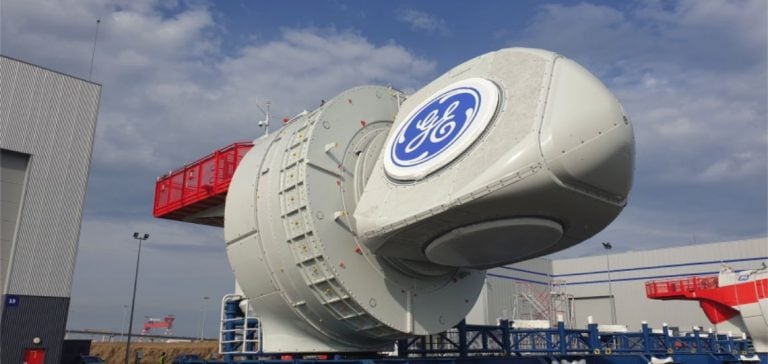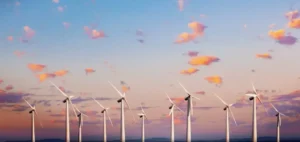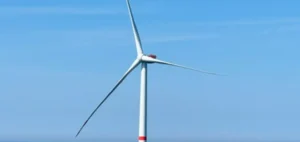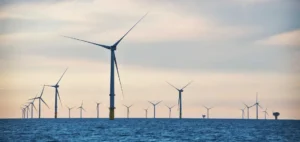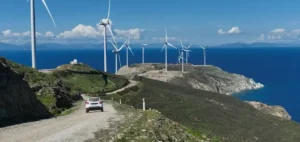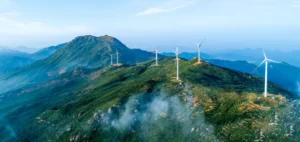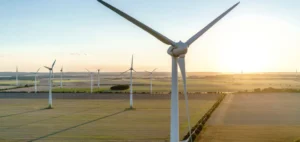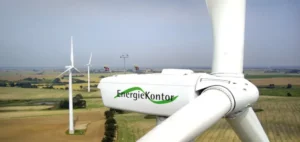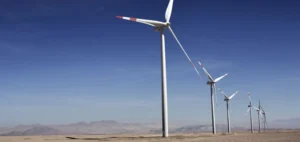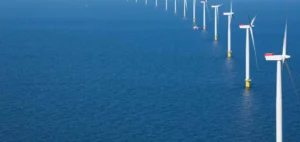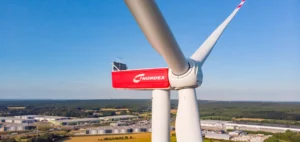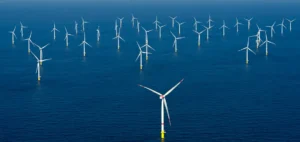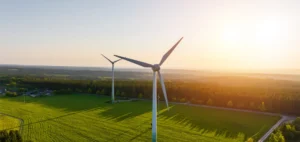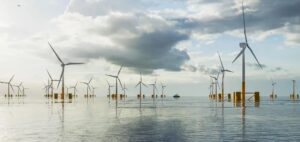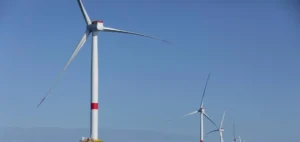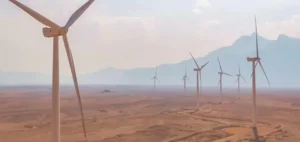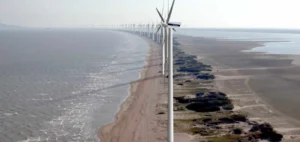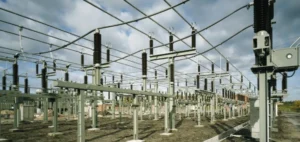GE Vernova, which groups together General Electric’s energy activities, is carrying out a major reorganization of its offshore wind energy activities.
This decision directly concerns the Montoir-de-Bretagne and Nantes sites in Loire-Atlantique, where 360 positions will be eliminated, representing 58% of the workforce in Nantes and a third of the positions in Montoir-de-Bretagne.
This restructuring is part of an overall plan to streamline operations in the Offshore Wind Division, which is facing structural and cyclical challenges.
The job cuts come at a time of intense pressure in the offshore wind energy sector, due in particular to rising raw material costs, amplified by inflation and the disruption of international supply chains.
The Montoir-de-Bretagne site, a key player in the production of nacelles for the Saint-Nazaire wind farm in France and the Dogger Bank wind farm in the UK, is seeing its capacity reduced at a time when regulatory uncertainty is weighing on the future of the sector.
Impact of inflation and supply chains
Inflation, which has led to soaring raw material costs, is one of the main factors behind this reorganization at GE Vernova.
The price of materials, essential for the construction and assembly of wind turbines, has risen sharply, calling into question the profitability of many offshore wind projects.
In addition, the disruption caused by the Covid-19 pandemic and the conflict in Ukraine disrupted global supply chains, delaying component deliveries and increasing production costs.
The slowdown in orders, linked to these higher costs and market instability, is having a direct impact on the order books of companies in the sector.
In France, offshore wind activity is experiencing a marked slowdown, partly because of these uncertainties, but also because of delays in establishing clear regulatory frameworks to support the development of this industry.
The situation in Ukraine has exacerbated these difficulties, adding geopolitical constraints to the economic challenges already present.
Social and political impact
The loss of these jobs is provoking reactions at both local and national level.
Trade unions, in particular the CFE-CGC, are warning of the social consequences of this restructuring in a region heavily dependent on the wind power industry.
They estimate that, if we include the temporary jobs lost earlier in the year, almost 1,000 jobs will have disappeared in one year in this region, affecting a sector that is strategic for the country’s energy future.
From a political point of view, this announcement comes in a tense context.
The Member of Parliament for Loire-Atlantique, Matthias Tavel, recently asked Prime Minister Michel Barnier to guarantee the future of the Montoir-de-Bretagne site, described as essential for the development of offshore wind power in France.
He also stressed the importance of maintaining a strong industrial base in this sector, in order to support the energy transition and preserve national energy sovereignty.
Strategic challenges for GE Vernova
For GE Vernova, this restructuring is part of a strategy to make the offshore wind power business more efficient and profitable on a global scale.
However, this rationalization raises questions about the future of the French sites, which have played a crucial role in the production of wind turbine components for several major projects.
The company’s management claims that these transformations are necessary to meet the structural challenges faced by the industry, but unions and local representatives fear a lasting impact on employment and the competitiveness of the wind energy sector in France.
The reorganization of GE Vernova’s activities illustrates the challenges facing the wind power industry.
Between rising production costs, unstable supply chains and regulatory uncertainties, the sector is facing major upheavals.
This restructuring, while necessary for the company, highlights the economic and social stakes of an industry in the throes of change.

